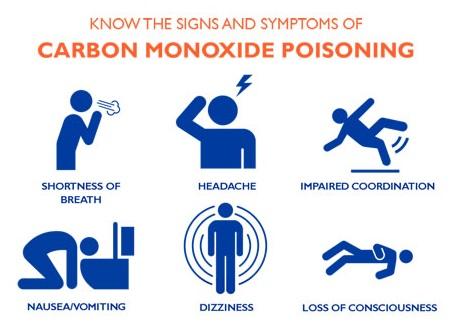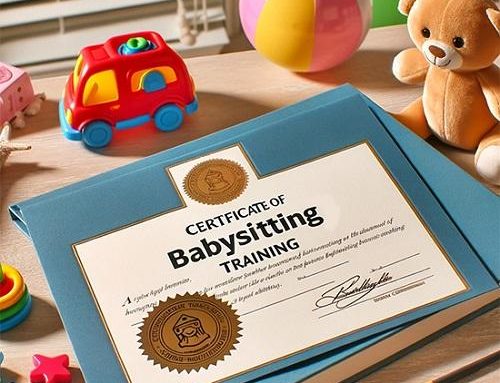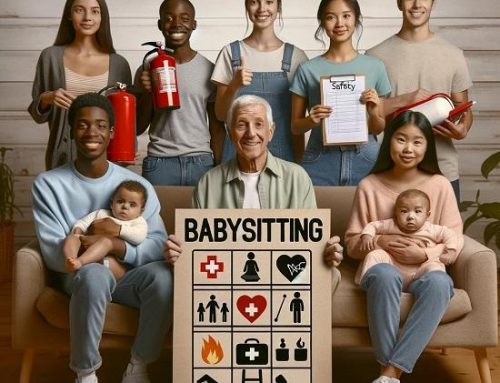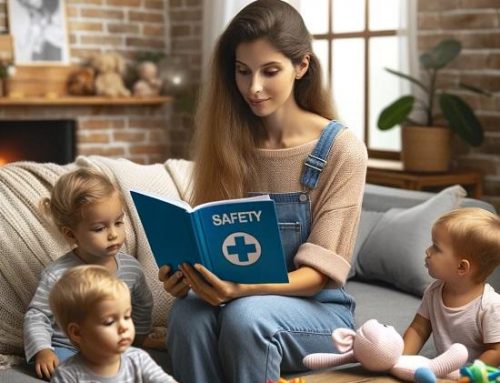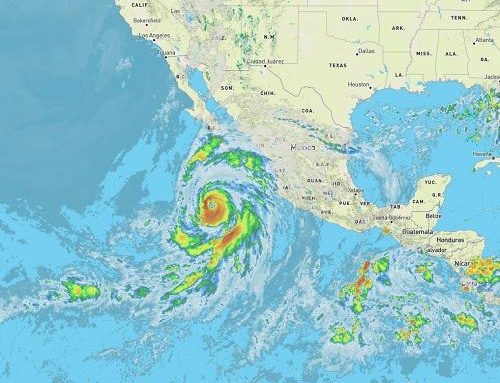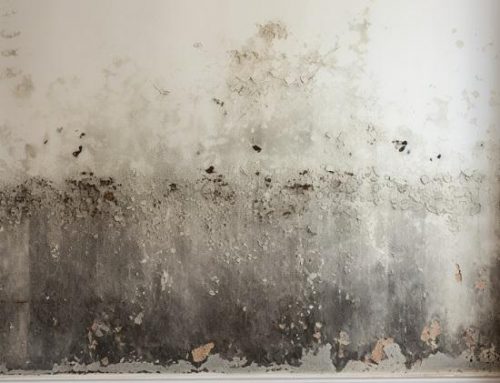Carbon Monoxide or CO is a colorless, odorless gas that emanates from household appliances such as heaters, cookers, grills, generators, and fireplaces. Carbon monoxide is known as the ‘silent killer’ and poses a high risk for the elderly, but people of all ages can become seriously ill or even die under its influence. The condition, also known as carbon dioxide poisoning, can start with mild symptoms like a headache or nausea and can be life-threatening. According to the Center for Disease Control and Prevention (CDC), about 430 people meet untimely and unfortunate deaths because of CO poisoning every year, and approximately 50,000 people are taken to the emergency centers every year as well.
The risk of CO poisoning increases in the winter months. People often get poisoned from the burning of car fuel, or while working in the garage, where a generator is. This is because the harmful gas is emitted from any appliance that runs on fuels, like natural gas, gasoline, wood, and charcoal, especially when they get old and worn out.
So, how can we possibly protect ourselves from being killed by CO poisoning? Scroll on!
Know that there’s something wrong
First of all, you should be able to identify that there’s a problem to be able to get rid of it in time. From nausea, headaches, dizziness to slowly losing your senses, the condition can become more severe with every moment. For people who consume alcohol regularly, the problems can be more serious than in others. They can even be killed in their sleep under the influence of CO.
If you’re in an enclosed space with some heating or other appliance on you should be more careful and remember to shut all appliances and put the fire out before going to sleep. If you ever experience symptoms like dizziness, blurred vision, respiratory issues, or weaknesses, you should get out of the room and get some fresh air immediately, especially if there is smoke in the room. If that’s not an option, e.g. if it’s snowing, or there’s a blizzard, go to a room with some kind of opening and seek help immediately. It’s dangerous to be in the smoke-filled space.
The problem gets severe the longer you breathe in Carbon Monoxide (CO). CO replaces the oxygen in your blood and prevents it from reaching your organs. That’s how it poisons your entire system and blocks your heart, lungs, and every other organ eventually leading to death. Hence, if you use appliances like gas stoves, charcoal heaters or grills, etc, you should never do that in a closed space for this reason. Even if the gas isn’t fatal, it may cause serious harm to unborn babies (if you’re pregnant), and permanent damage to your heart, lungs, brain, and circulatory system in general.
However, it’s not that you can’t prevent the situation from arising in the first place. Follow the tips mentioned below to keep such instances at bay.
Keep your appliances in proper condition
The CO-emitting appliances, like gas stoves, cookers, and furnaces should be checked regularly for faults, cracks, or anything else. They should also be serviced regularly to stop them from leaking carbon monoxide beyond safe levels. You should also check your fireplaces or wood stoves and keep them clean to prevent CO accidents. Last but not least, you should make sure that the appliances are connected to vents outside while installing them and clean those vents regularly.
Don’t keep your emergency generators inside
A lot of people tend to keep their generators in the basement or garage but that is a horrible mistake:
“More than 900 people died of carbon monoxide poisoning from portable generators between 2005 and 2017, according to the Consumer Product Safety Commission. CPSC data also indicate that an estimated 15,400 people were treated in emergency rooms for portable generator-related carbon monoxide poisoning during that period”
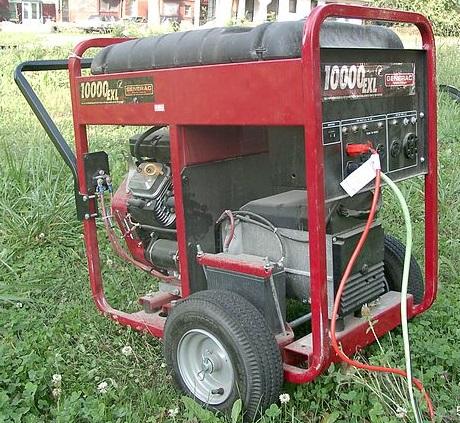
Gas-Powered Generator
Reference: https://commons.wikimedia.org/wiki/User:Petr.adamek / https://commons.wikimedia.org/wiki/File:Portable_electrical_generator_angle.jpg
You should keep generators outside, at least 20 feet away from the main house to prevent carbon monoxide poisoning. In enclosed spaces like the basement or garage, the carbon monoxide may reach dangerous levels and cause severe health hazards for your family. Also, make sure that the generator doesn’t face your doors or windows so that the exhaust fumes never enter the house.
Use the space heaters carefully
If you’re using an internal heater, make sure you do that while someone’s awake to keep an eye out for any abnormal conditions. And never use a gas stove for heating your rooms, as it’s potentially dangerous. Shut the heater off before that person goes to bed if it’s too cold outside to keep a window open. You should always ensure that there’s a natural flow of air in and out of the room to prevent unnecessary CO hazards.
Prevent CO poisoning from vehicles
Your vehicles also emit some levels of carbon monoxide, but you can prevent it from reaching dangerous levels. Get the exhaust system of your car checked regularly and don’t work on your vehicle inside the garage with the doors closed. If your car has a tailgate, you should keep the windows open whenever you drive with it down. The carbon monoxide can enter the vehicle otherwise.
Install a CO detector
Yes! You can get one of those to stay safe and keep your family safe when you’re not around. As the children and the elderly can get severely sick because of CO poisoning, it’s quite a small investment to ensure their safety. These battery-operated detectors send out an alarm if the carbon monoxide gas inside your house reaches beyond the safe levels. Even if you’re fast asleep, the alarm can wake you up and help you take the necessary steps in no time.
Keep all vents and the chimney cleaned
You should clean all vents and chimneys regularly to prevent CO build-up inside the house. The chimneys are excellent ways to keep a constant airflow inside the room where the fireplace is, and the vents help blow the CO emissions outside effectively. You should also not patch the vent pipes with tapes or adhesives, as it can affect their performance. Call expert technicians if there’s a problem with the vent pipes.
You should know that it’s possible to prevent CO poisoning if you are aware, careful, and take adequate precautions. Inspect your home appliances, cars, and generators regularly for any issues and get them repaired immediately. Clean the chutes and chimneys of your fireplace every season, and, if possible, once every week during winter. If you burn coal or charcoal, do it outside, away from the house. And yes! That does mean you should hold your barbecue parties outside too. Following these precautionary measures will prevent carbon monoxide poisoning and keep you safe.


